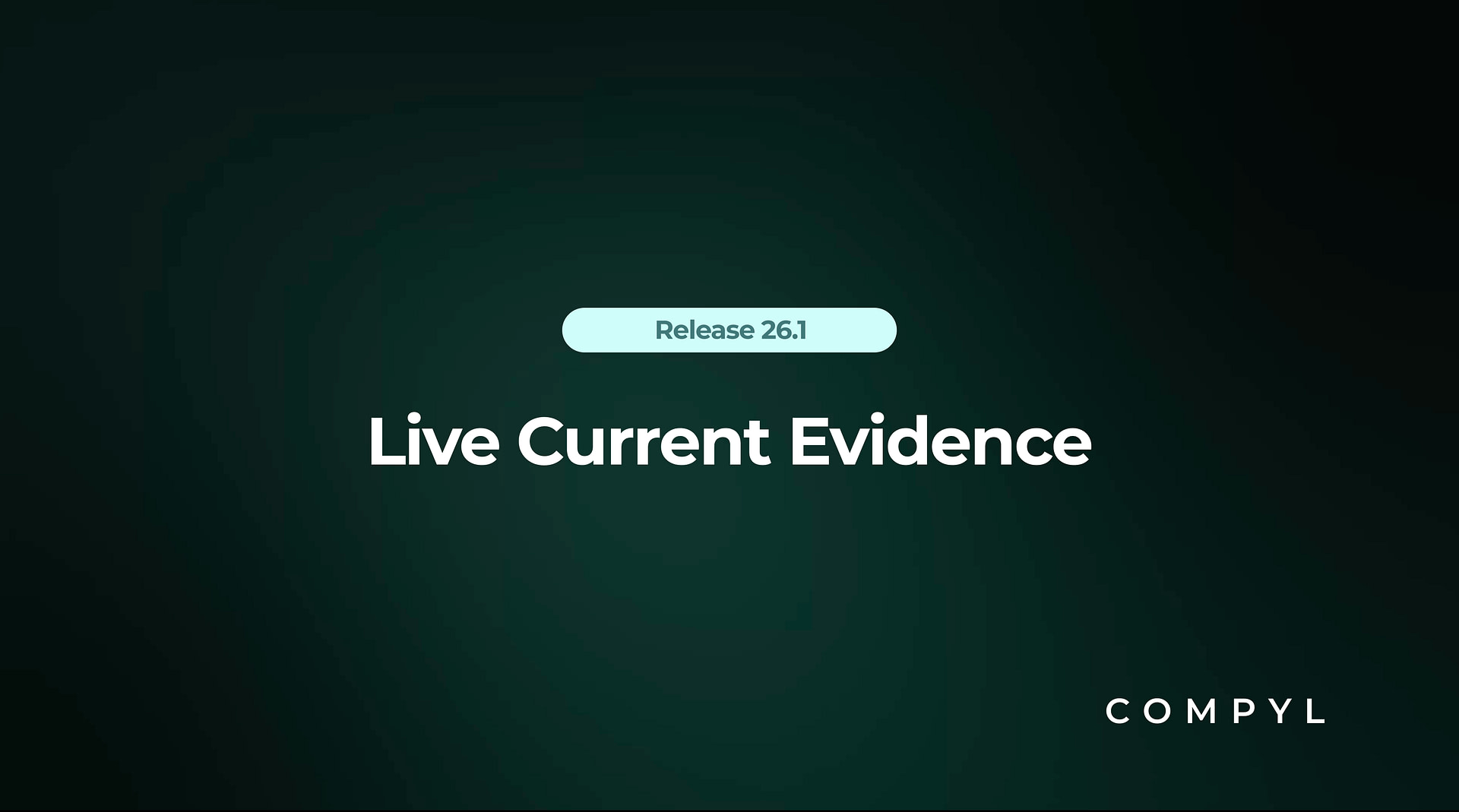In an era where digital technologies play a central role in the financial industry, the need for robust security and resilience has never been more critical. The Digital Operational Resilience Act (DORA) is a groundbreaking piece of legislation passed by the European Union. Its primary objective is to bolster the operational resilience of the digital systems used by the financial sector.
The DORA regulation aims to establish a standardized framework across EU member states, ensuring a high level of digital operational resilience that can withstand, respond to, and recover from a wide range of ICT (Information and Communication Technology) related disruptions and threats. Formally adopted in November 2022, DORA compliance is required by January 17, 2025.

Who Will Be Affected?
DORA will significantly impact various entities within the EU’s financial sector:
- Banks and credit institutions form the backbone of financial services and must comply with stringent measures to ensure digital operational resilience.
- Insurance companies are a key focus due to their heavy reliance on digital platforms for customer interactions and data processing.
- Investment firms primarily focus their operations on digital trading and asset management, thereby placing them within the scope of DORA.
- Payment and electronic money institutions are crucial for digital transactions and face regulatory requirements to maintain financial ecosystem stability.
- Providers dealing with crypto-assets reflect the growing importance of digital currencies and will be included in DORA.
- Third-party service providers such as cloud service vendors and data centers, supplying ICT systems to financial entities, are also affected.
These measures aim to bolster cybersecurity, enhance operational resilience, and foster stability across the financial sector. They achieve this by ensuring adherence to standardized security protocols and risk management practices mandated by the Digital Operational Resilience Act.
Purpose and Goals
The primary purpose of DORA is to enhance the ability of the financial sector to remain operational during severe operational disruptions. The act seeks to create a cohesive framework across all member states across the EU, eliminating disparities in digital operational resilience.
DORA will also introduce rigorous oversight mechanisms and reporting obligations for financial entities, ensuring transparency and accountability.
The regulation emphasizes the importance of cybersecurity and the ability of financial entities to quickly recover from ICT-related incidents. Failure to comply with DORA can result in financial penalties, potential restrictions or prohibitions of services, impact on the entity’s reputation, and direct interventions by the ESA.
What Are the Five Pillars of DORA Regulation?

The five pillars of DORA can provide a clear framework for understanding the core components of the regulation.
1. ICT Risk Management
Forming the foundation of DORA, information and communication technology (ICT) risk management focuses on establishing strong frameworks to identify, assess, and manage ICT risks.
This involves ongoing monitoring and evaluation to adjust cybersecurity measures to counter evolving threats. Doing so enables institutions to better protect sensitive data and critical operations from cyberattacks and disruptions.
2. Incident Response and Reporting
Incident Response and Reporting protocols necessitate implementing structured systems for monitoring and managing ICT-related incidents. Institutions are mandated to promptly report incidents and breaches, ensuring transparency and swift mitigation actions.
Specific guidelines are in place for handling severe incidents, aiming to minimize operational downtime and financial losses effectively.
3. Digital Operational Resilience Testing
This type of testing mandates regular assessments of ICT systems’ operational resilience. This includes comprehensive methodologies, such as threat-led penetration testing every three years for critical financial entities. Such rigorous testing identifies vulnerabilities and strengthens defenses, ensuring systems remain robust and capable of withstanding potential cyber threats.
4. Third-Party Risk Management
Third-Party Risk Management underscores the importance of managing risks associated with external ICT service providers.
The regulation requires the oversight of European Supervisory Authorities (ESAs) to ensure that critical ICT vendors adhere to stringent security standards. This proactive supervision aims to reduce dependencies and vulnerabilities that could compromise the stability and security of financial operations.
5. Information Sharing and Intelligence
Information Sharing and Intelligence initiatives promote collaboration among financial entities and regulatory bodies to enhance collective preparedness against ICT threats. By facilitating the exchange of threat intelligence and best practices, DORA fosters a collaborative ecosystem capable of identifying and responding to emerging cybersecurity challenges.
Key Provisions and Requirements
DORA encompasses several key provisions and requirements that financial entities must adhere to. One of these is ICT risk management, which involves the implementation of comprehensive risk management policies and procedures. Another is regular testing of ICT systems and requires incident reporting to regulatory authorities.
Additionally, DORA requires oversight of third-party service providers to ensure they meet the resilience standards set by the regulation. Digital operational resilience testing is also a key requirement, which involves conducting resilience testing to assess the ability to handle various types of ICT disruptions.
What Are the Training Requirements for DORA?
Training requirements ensure that all relevant personnel are adequately prepared to meet the DORA regulation demands. These requirements include mandatory regular training programs for employees focused on ICT risk management, incident response, and reporting. In addition to general training, specialized training is required for key personnel in critical roles such as cybersecurity, compliance, and IT management.
Ongoing education initiatives will also be required to keep pace with evolving threats and regulatory changes, ensuring that staff remains current and effective in their roles. This will include assessments and certifications to ensure comprehension and competence.
Free Security Assessment Today
Leveraging Compyl for Efficient DORA Compliance
As organizations prepare to meet the rigorous demands of DORA EU regulation, integrating a robust Governance, Risk Management, and Compliance (GRC) solution like Compyl becomes indispensable. Compyl stands out as the Next-Gen GRC platform that seamlessly integrates into existing technology stacks, simplifying the journey toward DORA compliance.
Streamlining Compliance with Automation and Integration
One of the key challenges in adhering to DORA regulation is the complexity and breadth of its requirements, particularly in ICT risk management and resilience testing. This is where Compyl excels by automating essential workflows, significantly reducing the manual effort and potential for error.
Its ability to integrate into the existing tech stack ensures a smooth transition, enabling organizations to automate compliance-related tasks, ensuring nothing is overlooked, streamline the reporting and management of ICT-related incidents, and facilitate regular resilience testing and risk assessments with minimal disruption to daily operations.
Enhancing Decision-Making with Fractional CISO Service

Moreover, Compyl’s offering of a fractional Chief Information Security Officer (CISO) service is a game-changer for organizations seeking strategic guidance in navigating the complexities of DORA.
This service provides access to a team of seasoned experts who bring a wealth of knowledge and experience in digital operational resilience, strategic insights tailored to the unique needs and challenges of each organization, ensuring a bespoke approach to DORA compliance, and continuous support and advice, helping organizations stay ahead of evolving regulations and cybersecurity threats.
Compyl’s Advantage with DORA Regulation
Compyl’s comprehensive GRC Platform, combined with its fractional CISO service, positions organizations to efficiently meet the demands of the DORA regulation. By automating compliance workflows and providing expert guidance, Compyl not only aids in achieving compliance but also empowers organizations to enhance their overall cybersecurity posture.
As a result, entities can focus on their core business activities with the confidence that their digital operational resilience is robust, compliant, and aligned with the highest standards set by the European Union. If you would like more information on how Compyl can help you navigate DORA, please contact us, and we’ll help you right away.




